Cheating on your partner can leave you feeling weighed down by feelings of guilt and remorse. Every time your partner does something nice for you, leans in for a hug, plants a kiss on your cheeks, or just engages with you in any way, completely oblivious of your insidious action, you can feel your skin crawl. Then, comes the fear of how things would turn on their head if they found out. And the cycle of guilt, shame, and remorse repeats on a loop. Learning how to get over cheating guilt becomes imperative at this stage, especially if you want to have a chance at repairing and rebuilding your relationship with your partner.
However, forgiving yourself after cheating and never telling is easier said than done. You find yourself on an emotional roller coaster, torn between the right thing to do and the fear of consequences. But it’s not impossible either. And we’re here to help you find a way. With insights from counseling psychologist Kavita Panyam (Masters in Psychology and international affiliate with the American Psychological Association), who has been helping couples work through their relationship issues for over two decades, let’s take a closer look at the right way of dealing with infidelity guilt and overcoming it.
Do Cheaters Regret What They Did?
Table of Contents
Cheating is a choice. It can be a conscious decision to taste the forbidden fruit and explore what lies beyond one’s committed relationship, or feeling trapped in an unfulfilling relationship can make one cross the lines of loyalty and fidelity. And the way a person feels about betraying their partner’s trust depends a lot on one’s outlook, state of mind, and circumstances.
Recent research on the psychology of infidelity indicates that “married people who have affairs find them highly satisfying, express little remorse, and believe the cheating didn’t hurt their otherwise healthy marriages”. Kavita also agrees and says that cheating guilt is not a universal feeling.
“If you are in an okay relationship and still want to explore what is beyond, then that is a conscious choice where you’re crossing a line despite being fully aware of the potential consequences. If you don’t suspect that your partner will come to know, then typically it doesn’t take time to get over the discomfort and negative emotions. Dealing with infidelity guilt becomes a lot easier.
“In an unfulfilling or toxic relationship, the decision to cheat can be motivated by a desire to seek whatever is missing in your relationship — a strong emotional, physical, spiritual or intellectual connection — elsewhere despite being in a committed relationship. If the cheater doesn’t feel that they’ve betrayed their partner because of the circumstances of the relationship or a sense of being entitled and can justify their actions in their mind, there may be no anxiety and guilt after cheating,” Kavita says.
Circling back to the question at hand: do cheaters regret what they did? Evidence suggests, not really. So, if you’re struggling with thoughts like, “I cheated and the guilt is killing me” or “I cheated and can’t live with myself”, what you’re experiencing can be labeled an exception, not the norm. Perhaps because accepting the lethality of cheating isn’t easy.
“If a person cannot shake off the “guilt of cheating is killing me” feeling, they have a massive inner turmoil to work through. The anxiety and guilt after cheating can get overwhelming for a lot of people. Even more so, when one is wondering, “How do I get over the guilt of cheating without telling?” The only way out is to go through the five stages of grief — denial, anger, bargaining, depression, and acceptance. Without letting yourself experience the full extent of comfortable emotions that come with each stage, you cannot accept cheating and move on,” explains Kavita.
Related Reading: 15 Shocking Things Cheaters Say When Confronted
10 Expert-Backed Tips On How To Get Over Cheating Guilt
Almost a decade ago, I was stuck in a deeply unhealthy relationship. Unhappy, restless, and unable to cut the cord, I began finding comfort in connections outside the relationship. What started as harmless flirting to feel better about myself, soon led to micro-cheating, and then a full-blown affair — with a mutual friend, no less!
While I managed to push away the unpleasant feelings about being a cheater when the relationship was in rocky waters, during those “happy” spells, dealing with infidelity guilt was extremely hard. Even though that relationship ended like it was doomed to, it took me a lot of time to get over cheating and not telling.
1. Understand why you cheated
How do I get over the guilt of cheating without telling, you ask? While moving forward from this place of self-loathing and regret you find yourself trapped in is possible, it entails asking yourself some tough questions. What made you cheat? Was it because there was something lacking in your relationship? Or does it stem from your own emotional issues such as an avoidant attachment style?
“Many people discover that they cheated because they felt emotionally neglected by their partners, lonely in their marriage/relationship, sexually dissatisfied, or just burned out. Others learn that infidelity stemmed from their attachment style, fear of commitment, or self-sabotaging tendencies,” explains Kavita.
Being honest with yourself will not only help you work through the guilt but also help you get to the root of the issue and find healthy solutions to deal with it so that you don’t end up making the same mistake again, be it with your current partner or in future relationships.
2. Accept that you’re struggling with cheating guilt
As Kavita points out, you can forgive yourself for cheating and not telling only when you reach acceptance in the five stages of grief. You are riddled with guilt. On the inside, you’re screaming, “Cheating guilt is killing me”. While on the outside, you may have to act like all is well in your world, don’t repress or stifle your emotions.
Accept and embrace your current state of mind. Feel the full extent of your emotions. Wallow, cry, or find whatever outlet gives you the most peace, and embrace it. Once you accept that you’re affected by your poor choices and feel guilty about betraying your partner, those feelings may no longer seem as daunting and overwhelming. So, go ahead, find a safe space where you can say out loud, “I cheated and feel horrible.”

3. Focus on the future, not the past
Does the guilt of cheating ever go away? It can, but only if you stop fixating on thoughts like, “I cheated and can’t live with myself” or “The guilt of cheating is killing me. I don’t think I can ever get over it.” Yes, you made some bad choices that could have (or still can) cost you your relationship and the person you love, and turn your life upside down. However, fixating on what’s done won’t help you in any way.
So, stop overthinking after cheating. Instead, focus on the future and see how you can for this bad thing you’ve done. If coming clean to your partner and apologizing for betraying them is not possible, you can, at least, work on being a better partner from here on.
“When a cheater is truly remorseful of their actions, they are willing to do the necessary work — be it individual counseling or couples’ therapy — to fix the cracks in the relationship and give it another shot,” says Kavita. Give yourself to the relationship 100% and try to put your past mistakes behind you.
4. Treat yourself with empathy
It is easy to be harsh on ourselves, especially when we know that our actions can be detrimental to us and our loved ones. However, if you really want to figure out how to forgive yourself for cheating and move on, it’s vital to treat yourself with kindness and empathy
Once you understand why you cheated, be empathetic with yourself and explore your emotions and thoughts about this entire experience without judgment or critical voice. “Remind yourself that you’re a fallible human who made a bad choice but that doesn’t make you a bad person. Keeping an open mind and treating yourself with kindness is essential for moving forward,” says Kavita.
Related Reading: 11 Tips To Build A Successful Relationship After Cheating
5. But don’t make excuses
The intent here is not to go from “I cheated and feel horrible” to “I messed up, so what!” but to learn how to overcome guilt of cheating as healthily as possible. So do not use the reasons you discover in your exploration of why you cheated as an excuse for getting away with your transgressions or a license to keep making the same mistake over and over again.
Steer clear from thought patterns like “I cheated because I’m in a loveless marriage. It’s not really my fault” or “My needs were not met in my primary relationship, so I did what I had to do.” When you make excuses for your own bad behavior and transgressions, you, by extension, imply that it was somehow your partner’s fault that you cheated. But that’s never true.
Irrespective of your circumstances, cheating is a choice — an easy way out of a tough situation. The only way to get through the different stages of guilt after cheating is to own up to your actions. Only with complete acceptance of the fact that what you did was wrong can you learn how to forgive yourself for cheating in true earnest.
6. Confide in someone you trust
You need a sounding board to get through this tough time and work through feelings like “I cheated and the guilt is killing me” or “Cheating guilt is killing me”. If you can’t seem to figure out how to get over cheating guilt and coming clean to your partner is just not an option, reach out to someone you trust.
It can be a friend, a family member, or if you believe in a higher power, a religious or spiritual guide. This is a situation that warrants that counsel and a close confidant can guide you through this hardship. Kavita says, “Working on your value system and committing to upholding the tenets of faithfulness is a crucial part of figuring out how to get over cheating guilt. Reaching out to a trusted loved one can be that anchor that helps you reconnect with those values.”
Related Reading: Does An Emotional Affair Count As ‘Cheating’?
7. Practice self-care
When you’re going down the rabbit hole of the different stages of guilt after cheating, it is very easy to let yourself go and turn to unhealthy coping mechanisms like seeking comfort at the bottom of a bottle or resorting to substance abuse. That’s why self-care should be your top priority as you wade through these murky waters. So take care of your physical and emotional health and look for healthy ways to cope with the anxiety and stress. Here are some things worth trying:
- Eat well
- Exercise regularly
- Spend time with loved ones and friends
- Invest in activities that bring you joy
- Allow yourself enough downtime
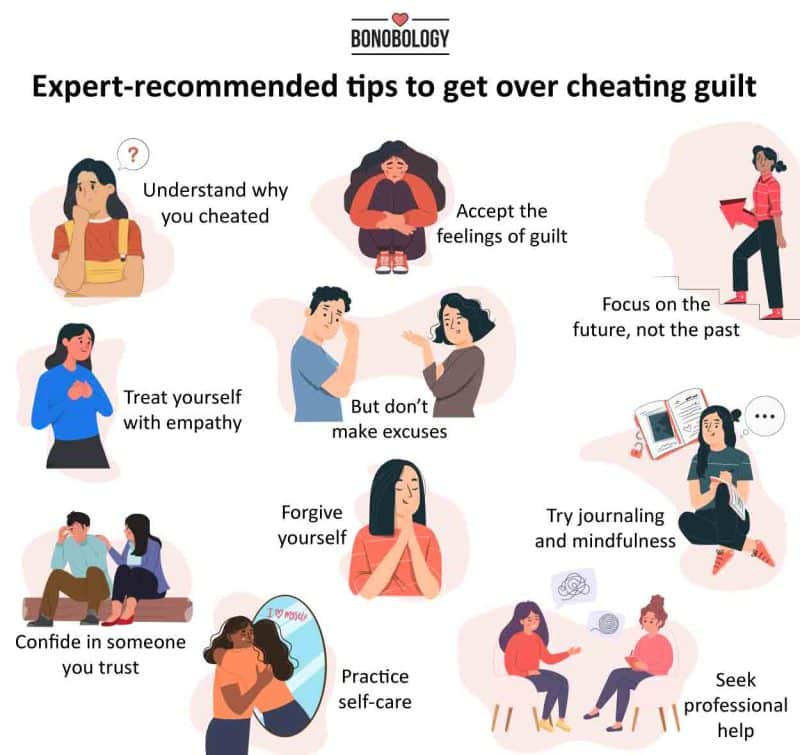
8. Center your thoughts with journaling and mindfulness
A curveball like betrayal in a relationship can bring up a lot of complex emotions and feelings. When they’re all jumbled up in our heads, these emotions can seem overwhelming and extremely frightening. This can become an impediment to your endeavors of figuring out how to forgive yourself for cheating.
“Remember, forgiving yourself after cheating and overcoming feelings of guilt is only possible when you get over the cycle of self-loathing and hate. For that, you need to regulate your emotions and streamline your thoughts. Journaling and practicing mindfulness are two time-tested ways of doing so,” says Kavita.
Journaling is the practice of processing your feelings by expressing them freely and without judgment through writing or drawing. As I have learned over the years, no matter how scary a thought seems in our heads, writing it down makes it less intimidating and more manageable. The practice of mindfulness can be different for different people. In essence, it means being fully aware of the present moment, and can be achieved through,
- Progressive muscle relaxation (PMR)
- Grounding techniques
- Breathing exercises
- Meditation
Related Reading: 6 People On What They Learnt About Themselves After They Cheated
9. Forgive yourself
Does the guilt of cheating ever go away? Well, certainly not until you learn to forgive yourself. All the work you have done so far to get rid of cheating guilt is just a build-up to forgiving yourself. When you imagine the pain and anguish you can inflict on your partner or even just see them content in the relationship, completely oblivious to the ways you’ve broken their trust, it is only natural to beat yourself up about it.
Remember we talked about empathy and kindness. You need to channel those in such moments and forgive yourself for cheating and never telling. If you don’t, the guilt will suck the life out of you. Leaving a hollow shell of a person you once used to be.
10. Seek professional help
Can’t stop overthinking after cheating? Don’t know how to accept cheating and move on? Haven’t been able to figure out how to overcome guilt of cheating? I cannot recommend going into therapy strongly enough. Deciding to seek professional help has been one of the best decisions of my life, not just to work through the lingering guilt of infidelity but also several other emotional wounds.
Working with a skilled mental health professional helps you make sense of so many confounding emotions, helps decide a way forward, and equips you with tools to deal with the inner turmoil. If the question of how to get over the guilt of cheating has been keeping you up at night, consider talking to an expert as soon as possible. Skilled and experienced mental health professionals on Bonobology’s panel are here for you.

Moving Forward After Getting Over Cheating Guilt
Doing the work to get past the guilt of infidelity is just part of the process. You also need to think about your next steps. Where do you go from here? How do you make sure any existing or new relationship issues don’t send you down the path of infidelity once again? How do you prevent yourself from falling into old, familiar but unhealthy patterns?
Kavita says, “The answer to how to get over cheating guilt doesn’t just end at taking corrective steps promptly. In the wake of cheating, you may be repentant of your actions. You may even promise to yourself and your partner that you will never go down that road again. But when temptation strikes again, you may not be able to uphold that promise. Then, you will stay stuck in a bad pattern of cheating and feeling guilty about it.”
That’s why it’s important to treat this as a learning experience and keep checking in with yourself to make sure the takeaways don’t recede into some inaccessible abyss of your mind. Every now and then, sit with yourself, and reflect:
- Are you making a conscious effort to improve communication and connect better with your partner?
- Are you vocalizing your needs?
- Are you reiterating the lessons you learned while figuring out how to get over cheating guilt?
- Are you mindful of the growth you’ve made in the process?
Revisiting the experience of what it took for you to overcome the guilt of cheating can help prevent you from straying again. This can go a long way in bringing you and your partner closer together in the long run.
Key Pointers
- Not everyone experiences guilt after cheating, but if you do, it can be hard to work through, especially if you cannot come clean to your partner
- Working through the guilt of cheating can be a lonely and isolating experience but it can make you a better partner
- Introspection, empathy, self-forgiveness, and seeking professional help are some ways you can get over the guilt of cheating and not telling
- Once you get past the stages of guilt after cheating, don’t leave it all behind like a forgotten chapter. Keep revisiting the lessons so that you can continue to focus on what really matters
Kavita says that the guilt of cheating can destroy relationships if not handled the right way. So when you find yourself caught in this quagmire, it’s crucial to do the work to emerge a better person and partner from it. Without it, your relationship will be reduced to a toxic mess that is bound to fail, irrespective of whether or not your partner knows about your transgressions.
FAQs
How cheaters feel about themselves depends largely on one’s outlook and state of mind. If the cheater doesn’t feel that they’ve betrayed their partner because of the circumstances of the relationship or a sense of being entitled to explore outside a committed relationship and can justify their actions in their mind, then it becomes easy for them to forgive themselves for cheating and not telling. On the other hand, if the person feels that they’ve hurt a partner they love and caused a dent in their relationship, they may be overcome by feelings of immense guilt.
No, it is never okay to cheat. Even if you’ve been cheated upon by your partner. In such cases, the best approach is to assess your relationship and identify any underlying issues that may have led to cracks in your bond and created space for a third person. The decision to heal and stay together or move on also rests solely with you. But to cheat to get back at your partner is not a healthy approach to handling this complex, crushing situation.
If you’ve cheated on your girlfriend, the first step should be to come clean about your transgression and convey to her the circumstances that led to you straying but without placing blame on her. You must also be willing to do the work to repair your relationship in order to heal from this setback and make sure you don’t go down that path again. That is if she wants to forgive you and give the relationship another chance.
Showing that you’re repentant is the only way to make her feel better. In such cases, honesty becomes an important element of the relationship. Give yourself to the relationship 100%.
Your contribution does not constitute a charitable donation. It will allow Bonobology to continue bringing you new and up-to-date information in our pursuit of helping anyone in the world to learn how to do anything.

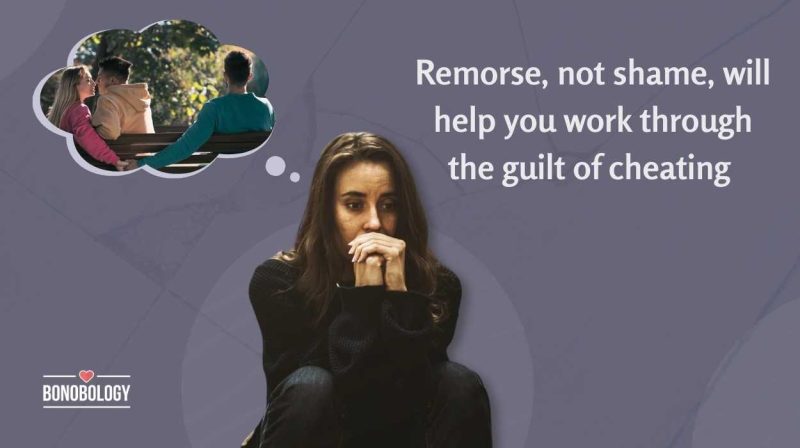
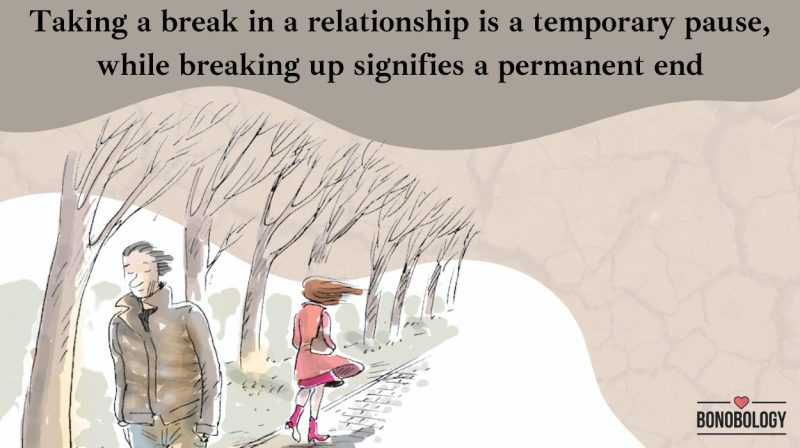


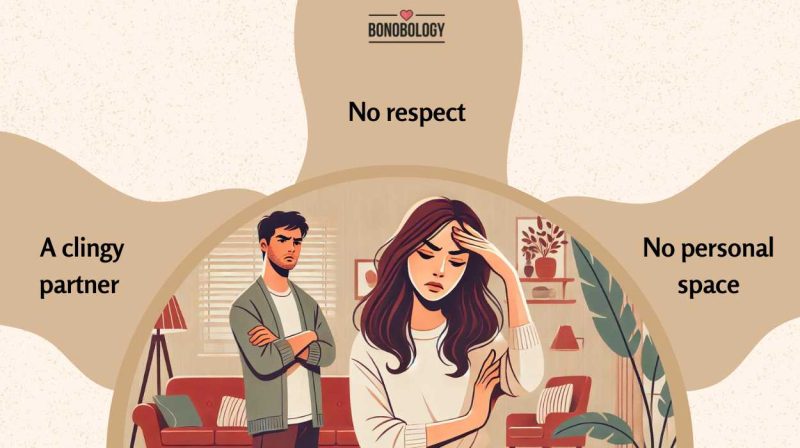
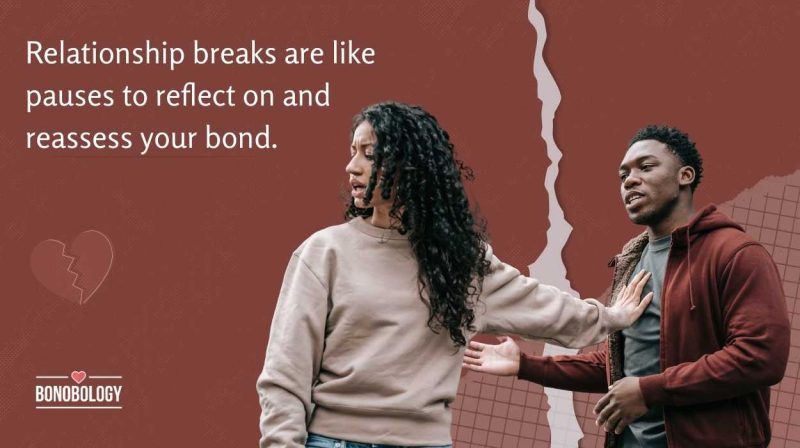
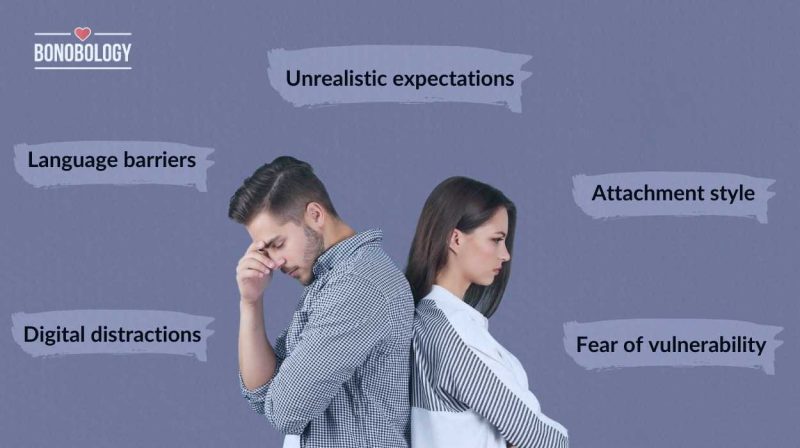

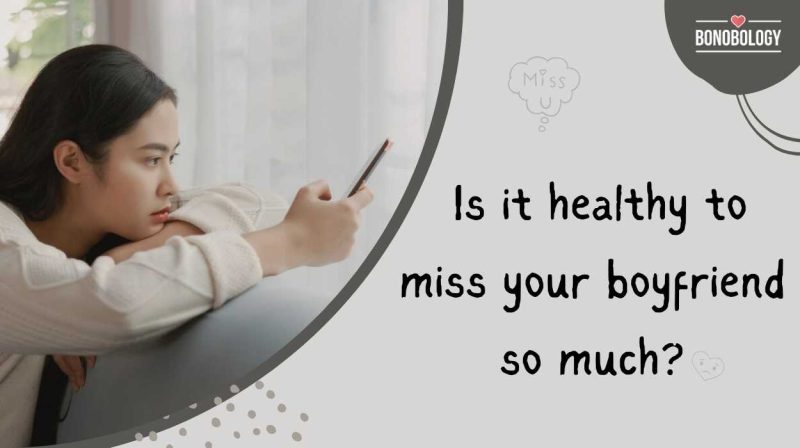
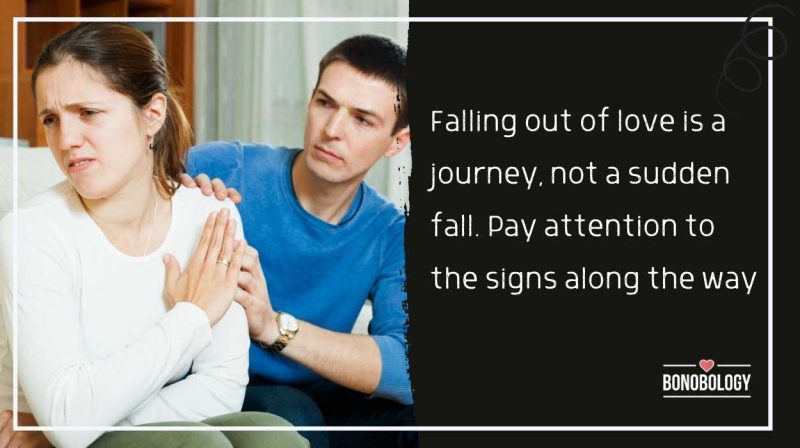
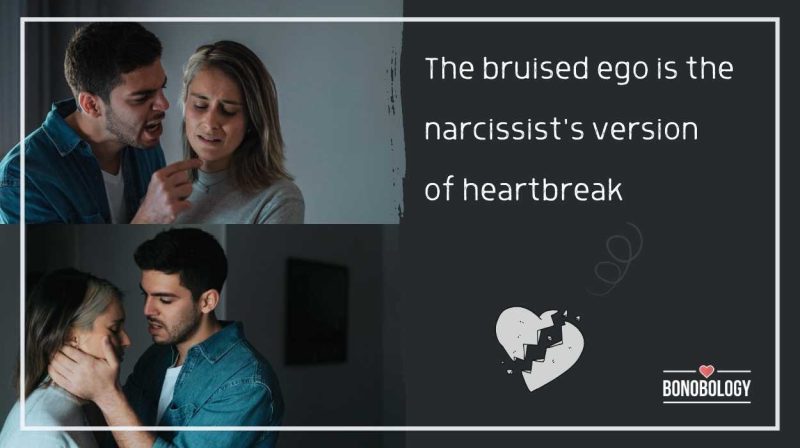
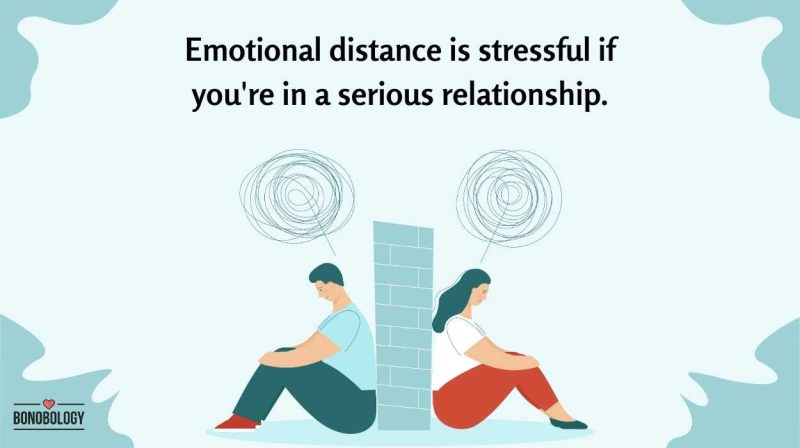
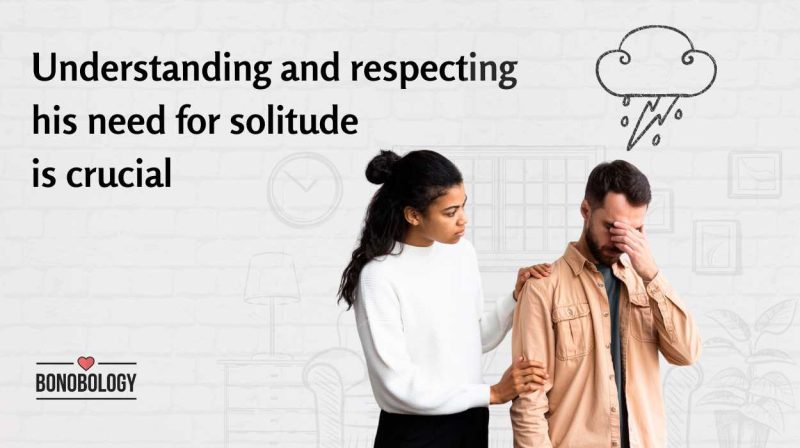
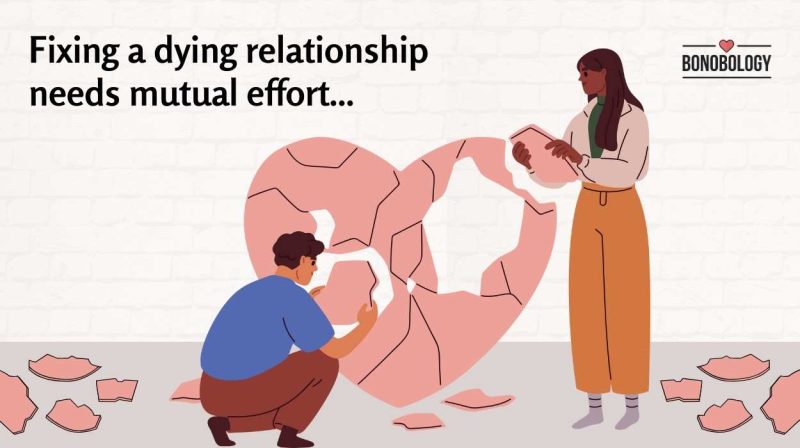
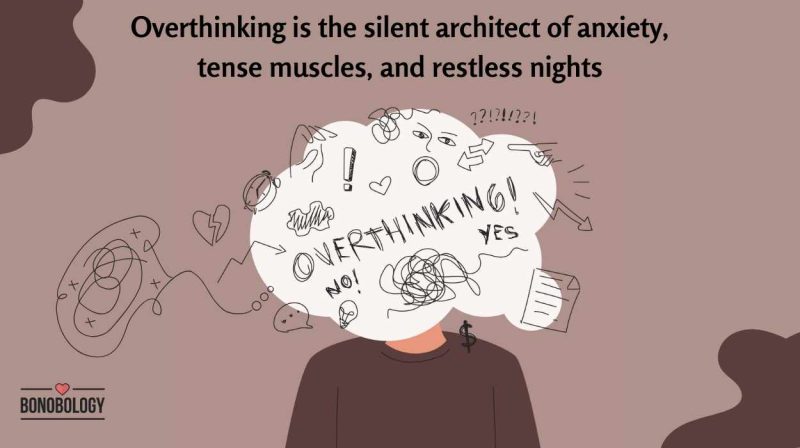
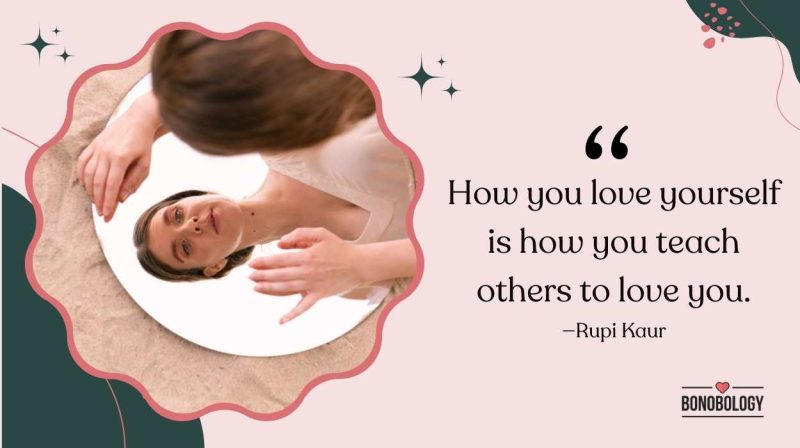

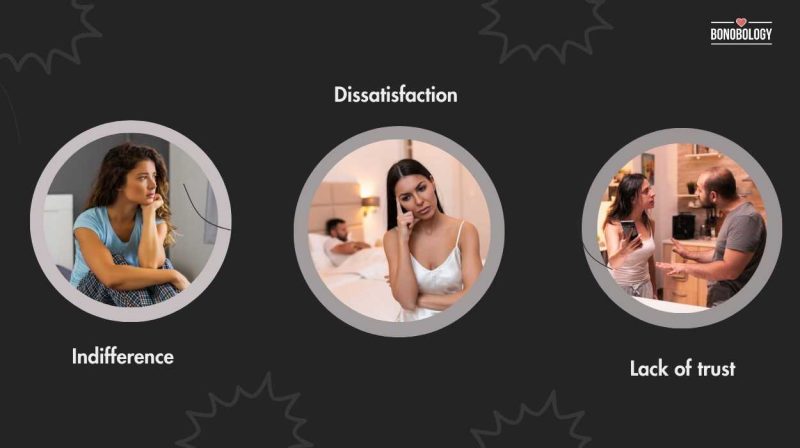
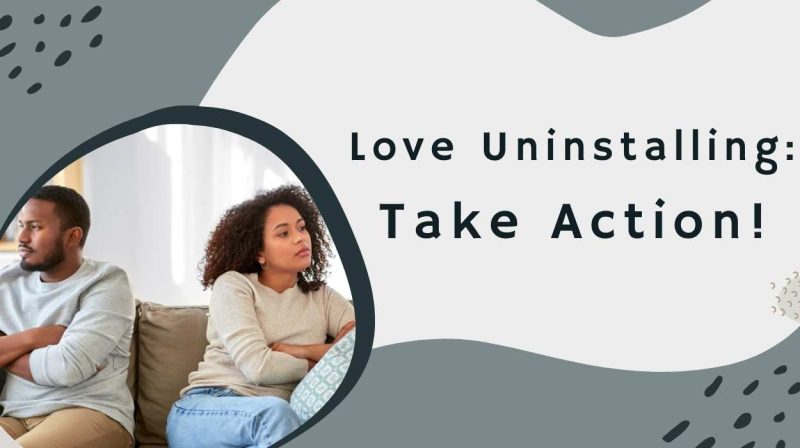

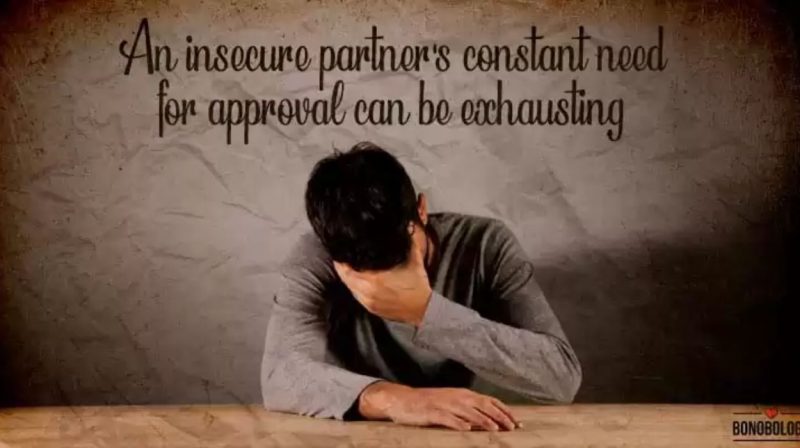
Featured
What Is A Break In A Relationship And How To Navigate It
Emotional Abandonment In Marriage: Signs, Causes, And Ways To Cope
15 Signs That Your Girlfriend Isn’t Sexually Attracted To You
Feeling Suffocated In A Relationship: Reasons, Signs, Ways To Deal
How Long Should A Relationship Break Be? A Therapist Answers
Why Do I Struggle To Communicate With My Partner? An Expert Answers
Will He Come Back After Silent Treatment? 15 Ways To Make Sure He Does
Why Do I Miss My Boyfriend So Much: Reasons And Ways To Deal
21 Clear Signs She Doesn’t Want A Relationship With You
How Narcissists Treat Their Exes — 11 Common Things They Do And How You Can Respond
Emotional Distance: Meaning, Causes, Signs, And Ways To Fix
My Boyfriend Is Grieving And Pushing Me Away: Tips To Cope And Comfort Your Man
What To Do When Your Relationship Is At Breaking Point?
Am I Overthinking Or Is He Losing Interest? 18 Signs To Help You Identify
Discover Your Worth: 13 Ways To Feel Loved And Appreciated
23 Backhanded Compliment Examples in Everyday Life That Are Actually Insults
11 Things That Happen When A Woman Shuts Down Emotionally – And How To Reconnect
15 Signs Of Emotional Detachment In Your Relationship
How To Not Be Jealous In A Relationship – 15 Expert Tips
11 Ways An Insecure Partner Drains A Relationship And 5 Ways To Fix It